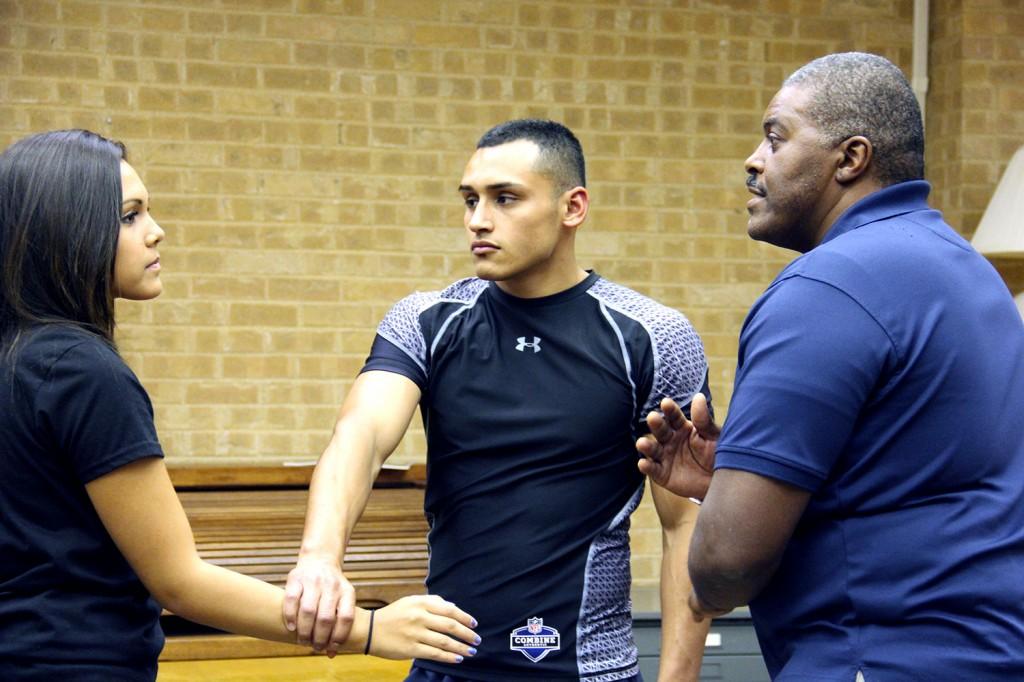By Anderson Colemon/tr news editor
The Texas Success Initiative assessment replaces Accuplacer for the start of the new school year.
The Texas Higher Education Coordinating Board approved having one placement test for all public colleges after the Texas Legislature mandated that statewide developmental education be redesigned and retooled.
NE testing center coordinator Jackie Hon said the TSI placement test would benefit students taking it.
“The TSI assessment is a much longer test,” she said. “For some students taking the Accuplacer in the past, the greatest number of questions is 69 and an essay. On this particular test, the student, if in development education area, would see about 208 questions. So it’s a more rigorous test than the one before it.”
Similar to the Accuplacer, TSI assessment will feature a multiple-choice section and an essay, testing students on the core curriculum: reading, writing and math. The essay section will focus on students writing persuasive essays about 300-500 words on a controversial issue or a current topic.
“One additional idea students would have to complete before they can test is the pre-assessment activity,” Hon said. “The coordinating board believes all students should be aware of the importance of the test even though it’s not a pass-or-fail test just like the Accuplacer was.”
Students will have to go through the pre-assessment activity as part of the student group advisement for the fall semester in person before taking the TSI.
However, Hon said the pre-assessment would be online by spring.
“For students currently enrolled in Tarrant County College, many of them placed in the developmental course based on their Accuplacer scores because that’s where the test placed them,” she said. “But as of Aug. 26, they would be retesting on TSI assessments. They would need to see their advisor, take the pre-assessment activity and, lastly, take the TSI assessment test.”
The pre-assessment activity will feature a five-hour assessment, which includes computer literacy and other components.
NW testing coordinator Teresa Evans said she thinks the new TSI assessment benefits students.
“The primary benefit the new TSI gives to students is the inclusion of a diagnostic component that identifies the students’ skills or in the area that the student needs help,” Evans said. “We have administered around 20 TSI assessments, and because of the length of the tests, we encourage them to take breaks.”
Evans said the primary difference is TSI can determine the three levels of placements: college readiness, developmental education and adult basic education.
“Students will learn about the format of the test, have an opportunity to look at sample questions and learn about options for developmental education courses and resources,” Evans said.
NE student Grant Young said the test was different but had mixed reactions to the TSI.
“I found a typo,” Young said. “It mixed present and past tense in the same sentence.”
Young said the TSI has two different sections: reading comprehension and grammar as well as an essay. Young has strong concerns about the essay, however.
“The essays are electronically graded, and I don’t understand how they do that,” he said. “I had to simplify my essay while using the same words over and over again. I think they should have more people in the room so that when it comes to grading [essays], it would make more sense for actual humans to grade your work, not computers.”





























